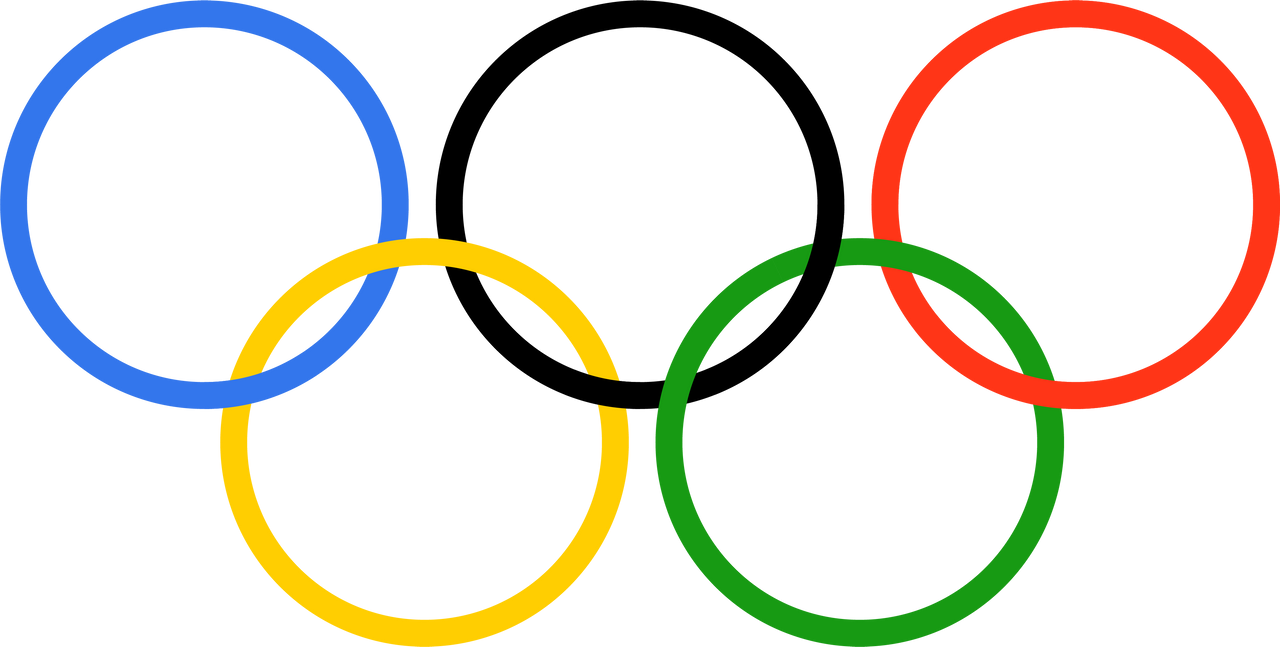“The important thing in life is not the triumph but the struggle, the essential thing is not to have conquered but to have fought well .” - Pierre de Coubertin, founder of the International Olympic Committee
We here at Stethoscope.com are caught by the Olympic spirit. While we remain focused on our mission to offer the finest stethoscopes and diagnostic equipment to help healthcare professionals ensure their patients’ excellent health outcomes, we are reminded that the Rio Olympics reinforces lessons we can learn for better every day health, fitness and reduced cardiac risk.
The benefits of training, while taking on the principles and behaviors from an Olympic standard athlete, is very valuable,” says Steve Irwin, National PT Manager for Snap Fitness Australia in a recent Forbes article. “While you might not have the talent to be an Olympian, the programming and, most importantly, the discipline achieved relates to everyone and every aspect in life.” That is, create a sustainable program, either by yourself or with an expert, that is achievable, that will challenge you, and allows you to set goals.
In your program, you need to incorporate elements that can be broken down into smaller sessions during the week. These include mobility, stretching and flexibility. “You need to encompass some strength training and also some heart rate or cardiovascular training,” he says. Lastly, you need to include some training that allows you to de-stress, cool down and bring your body back to a state of calm. “We call these exercises ‘zone training’ and this relates to the mind, body and wellness of a person,” Irwin says.
In addition, he recommends training three to four times a week, depending on your lifestyle. “Training sessions don’t have to be long and a 40-minute session is excellent,” he says. “If the session is shorter than that, you can pair the session with high intensity exercises and it will have the same impact.”
Most importantly, Irwin suggests making sure you incorporate, like any other Olympian, one to two rest days per week. “Allowing your body to recover means you can come back and push harder and not get injured from overtraining,” he says. “You will generally enjoy the journey more.”
In the same way that you’ll be dedicating discipline to your training, you’ll also be looking at how you fuel your body. “I recommend to always eat a well-balanced diet which includes all the proper macro-nutrients such as proteins, carbs and fats,” Irwin says. “The more organic and clean the food, the better it is… If on the back of the packaging there are words you cannot pronounce, you generally shouldn’t eat it.”

